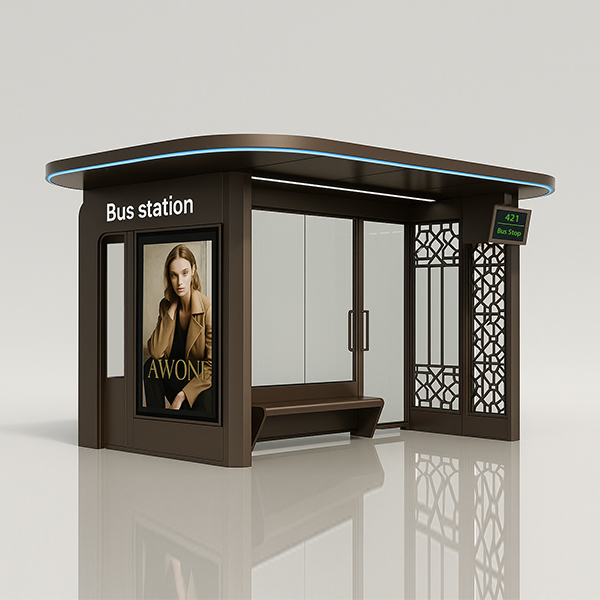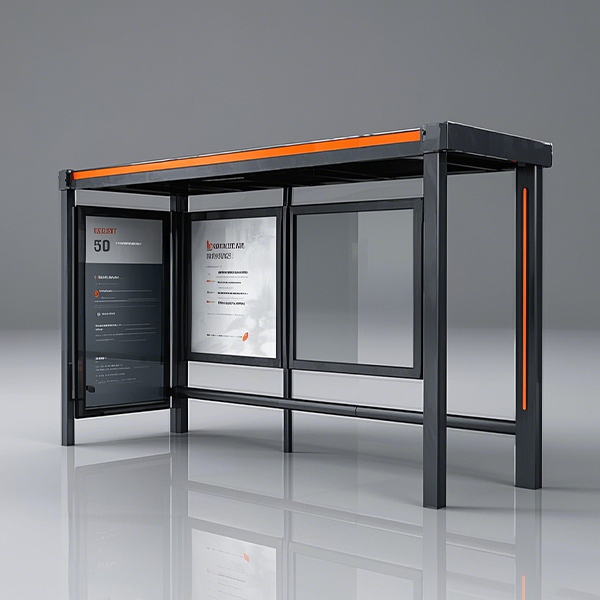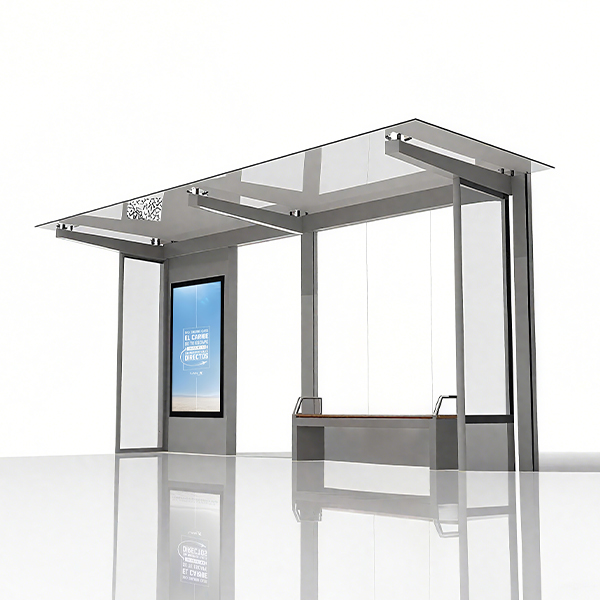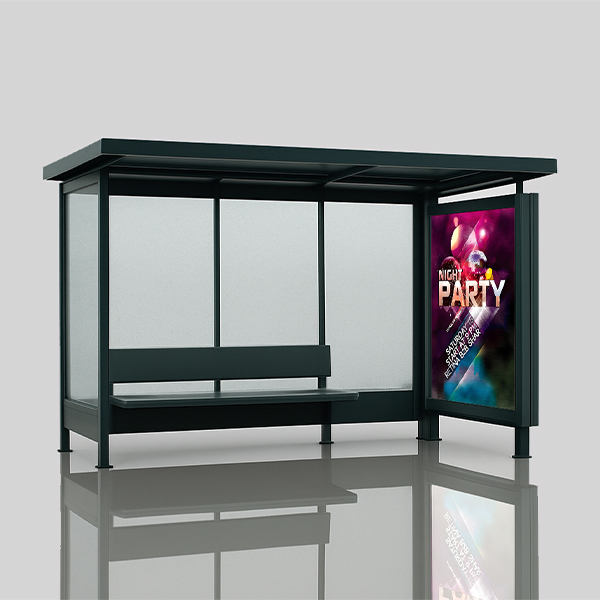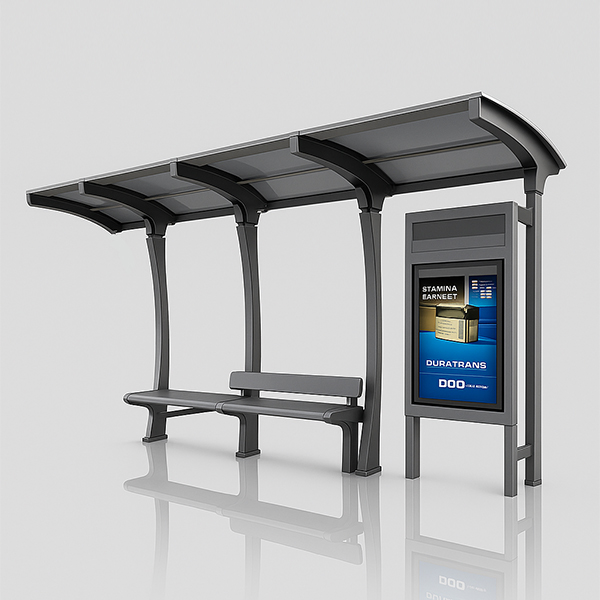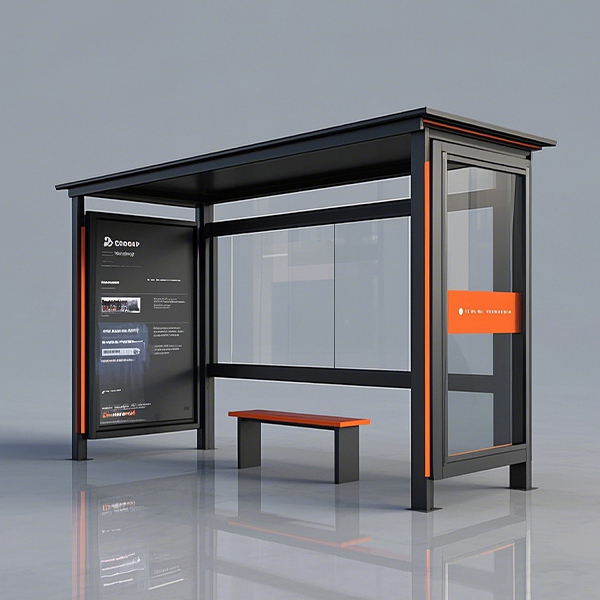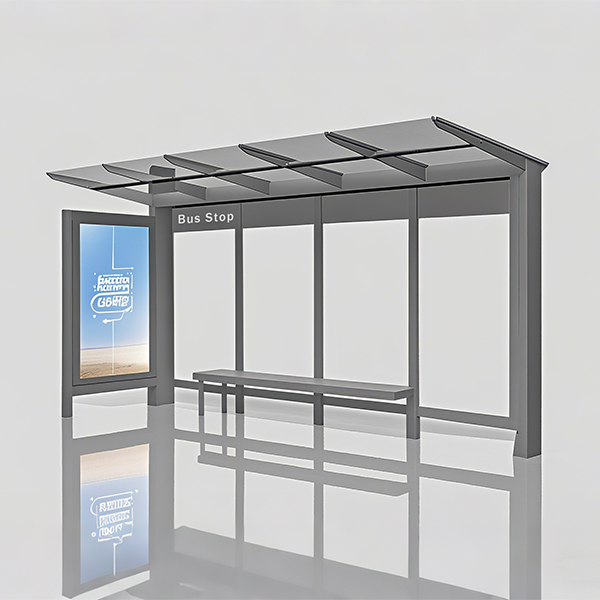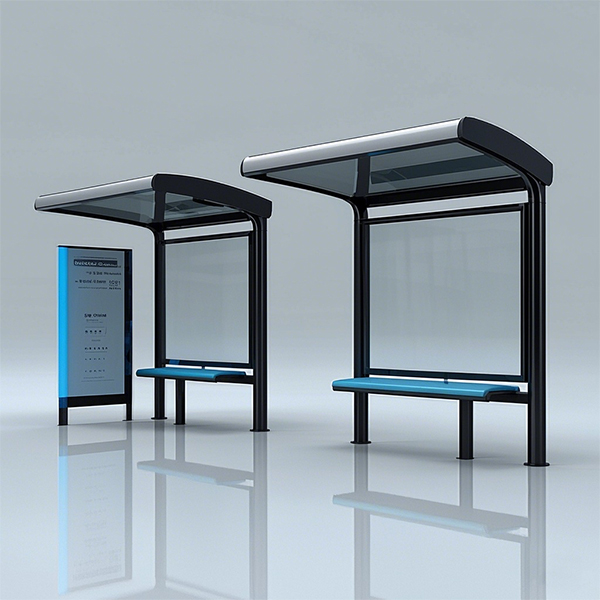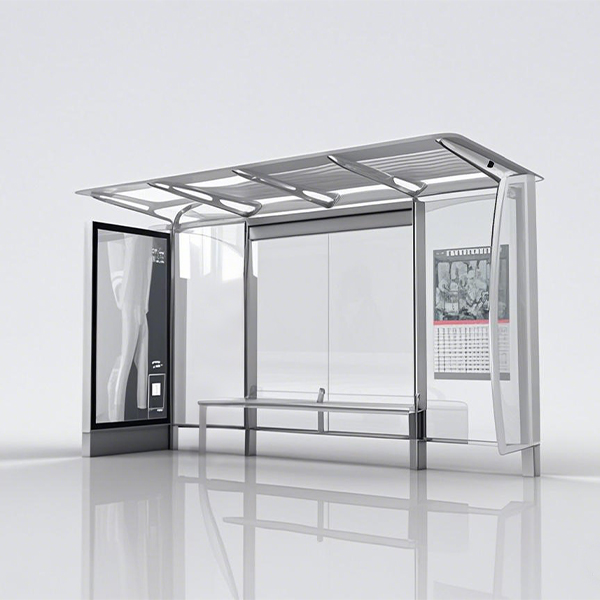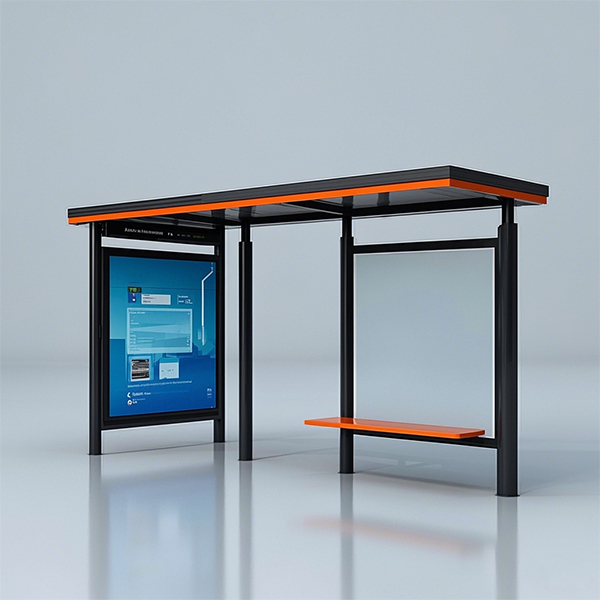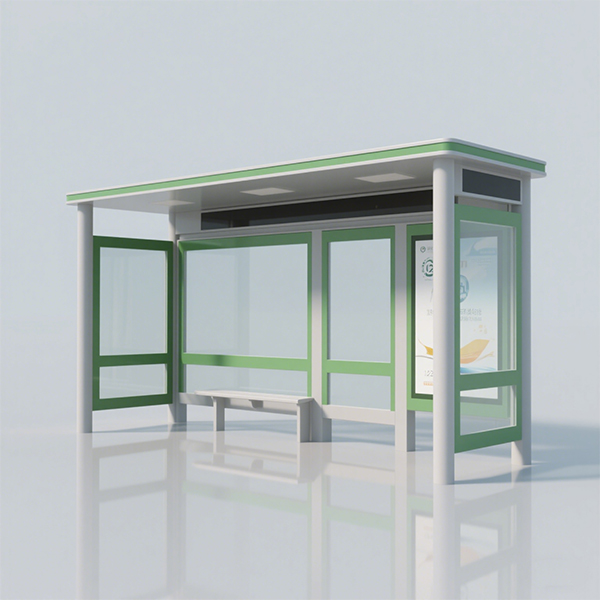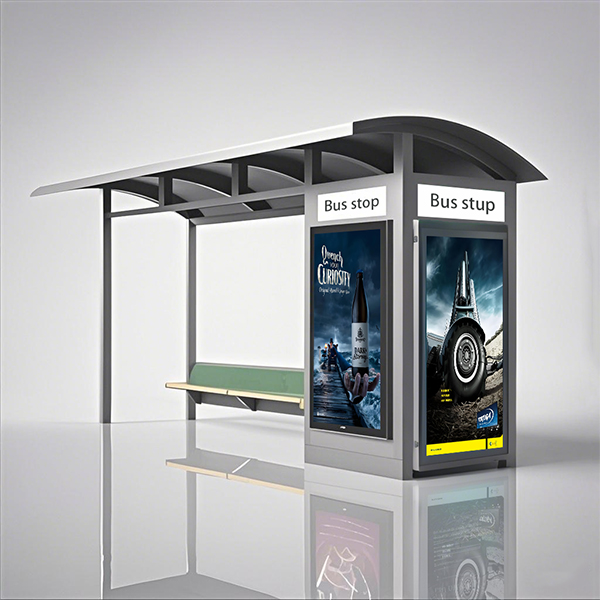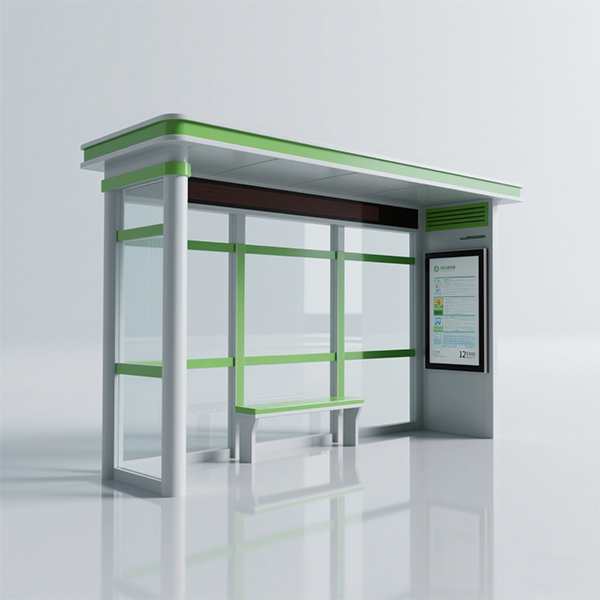
School Bus Shelter
This comprehensive guide explores everything you need to know about school bus shelters, from their design and safety features to their installation and maintenance. We'll delve into the various types available, the benefits they offer, and factors to consider when choosing the right shelter for your needs. Learn how to create a safe and comfortable waiting environment for students, maximizing protection from the elements and enhancing school transportation safety.
Understanding the Importance of School Bus Shelters
School bus shelters play a vital role in ensuring the safety and well-being of students waiting for their buses. They provide protection from harsh weather conditions like rain, snow, sun, and wind, creating a more comfortable and secure waiting experience. This is particularly crucial for students who may have longer wait times or live in areas with unpredictable weather patterns. A well-designed school bus shelter can significantly reduce the risk of illness, injury, and exposure to the elements.
Types of School Bus Shelters
Open Shelters
These school bus shelters offer basic protection from the elements, typically featuring a roof and supporting pillars. They are often more affordable and easier to install than enclosed shelters. However, they provide less protection from wind and may not be suitable for all climates.
Enclosed Shelters
Providing greater protection, enclosed school bus shelters often include walls and sometimes even seating. These offer more privacy and security for students, particularly beneficial in areas with security concerns. They are generally more expensive than open shelters.
Customizable Shelters
Many manufacturers offer customizable options, allowing you to tailor your school bus shelter to your specific needs and preferences. This could involve choosing materials, colors, sizes, and adding features like benches, lighting, or even advertising panels. Shandong Luyi Public Facilities Co., Ltd. (https://www.luyismart.com/) offers a wide range of customizable options to meet diverse requirements.
Key Features to Consider
When selecting a school bus shelter, several key features should be considered:
| Feature | Description |
|---|---|
| Durability | Choose materials resistant to weathering and vandalism. |
| Safety | Ensure the shelter meets safety standards and is free from sharp edges or hazardous materials. |
| Accessibility | Consider the needs of students with disabilities, ensuring accessibility features are incorporated. |
| Maintenance | Select a shelter that is easy to maintain and clean. |
Installation and Maintenance
Proper installation is crucial for ensuring the longevity and safety of your school bus shelter. Many manufacturers offer installation services, while others provide detailed instructions. Regular maintenance, including cleaning and repairs, will help extend the lifespan of your shelter and maintain its safety.
Choosing the Right School Bus Shelter
The best school bus shelter for your school will depend on a variety of factors, including budget, location, climate, and the number of students using it. Careful consideration of these factors, along with the features discussed above, will ensure you select a shelter that meets your specific needs and provides a safe and comfortable waiting environment for your students.
Соответствующая продукция
Соответствующая продукция







